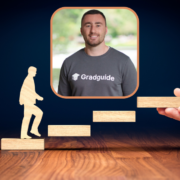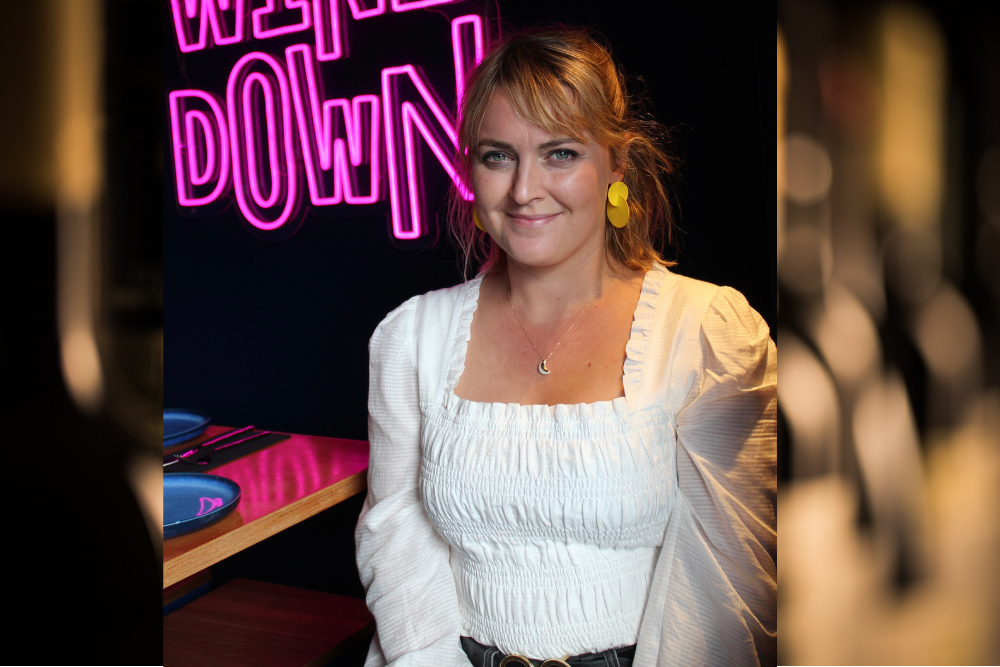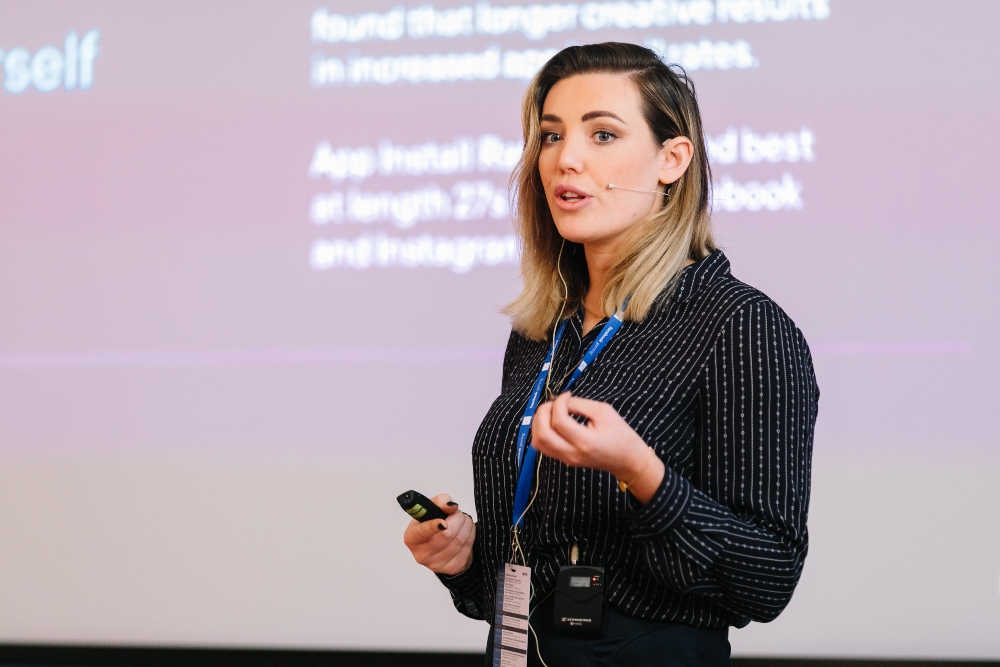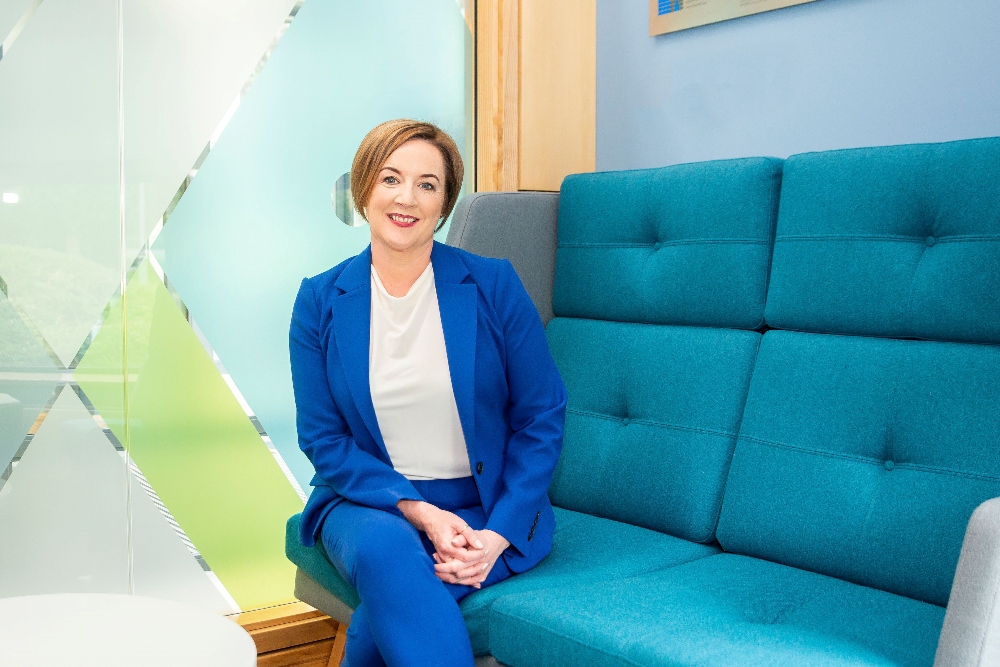Ian Browne, recently appointed NDRC managing director, talks about his life and business lessons.
Entrepreneur and investor Ian Browne is the newly appointed NDRC accelerator managing director.
Browne founded the successful My Surgery Website, growing it to over 4,000 customers and millions of users before it was acquired by Nasdaq-listed Stericycle. He has played a leading role in developing an Ireland-wide start-up ecosystem through his work with Ignite NI over recent years helping indigenous founders raise over €75m in early stage funding.
“I am passionate about turning the whole island of Ireland into a better functioning economy and one way we can do this is by enabling more entrepreneurs”
Established in 2006, the NDRC is a Government initiative to invest in very young digital enterprises and start-ups. Notable NDRC alumni include Irish biotech company Nuritas (which has raised almost €55m from investors including U2 rockers Bono and The Edge), Soundwave (a music discovery service backed by Mark Cuban and bought by Spotify in 2016), Boxever (which has raised $19m to fund their AI marketing cloud software), and Silvercloud Health (a digital health platform, used by over 300 organisations, that raised €14.7m in 2020) .
Following a competitive process, Dogpatch Labs, supported by its partner hubs in Cork, Kerry and Galway was awarded the €17m contract to manage the service for the next five years.
The new NDRC consists of a network of innovation hubs led by Dogpatch Labs and including Portershed Galway, Republic of Work Cork and RDI Hub Kerry.
The aim of the new NDRC is to develop a nationwide ecosystem with each regional hub representing a local centre of entrepreneurial excellence to support people in getting their ideas off the ground.
Tell us about your background, what journey did you take to arrive at where you are?
This was a difficult question to start because I was never someone who had a clear idea of the path I wanted to take. I spent some time in London working in Big Pharma before setting up my own company with a colleague. We were focused on making access to healthcare easier for patients. We built a software company called My Surgery Website which was fortunate to have some success, serving thousands of doctors and millions of patients across the UK & Ireland. I then sold the company to a large US multinational before moving back to Northern Ireland. I was once again at a crossroads but wanted to help aspiring founders and looked for avenues to do this.
The start-up scene in Belfast was pretty nascent so I helped set up Ignite which was aimed at supporting ambitious founders with global ambition. I worked with a great team and we helped founders take products to market, build teams, and raise Venture Capital from international investors. To date, these startups have raised almost €100m and it continues to grow.
Sadly, due to funding shortfalls and a lack of functioning executive, momentum has stalled in Northern Ireland which is having a deleterious effect on the emerging startup scene. I have been working closely with the Dogpatch team for a number of years as we try to join the startup ecosystems so it was an easy decision when asked to come and help on the refreshed NDRC founder programmes as Accelerator MD.
“I think being a founder gives you empathy with the next generation of entrepreneurs”
Why are you doing what you are doing? What need are you meeting? What’s your USP?
I am passionate about turning the whole island of Ireland into a better functioning economy and one way we can do this is by enabling more entrepreneurs. Less than 5% of companies will provide over 60% of future economic growth. This means we need more high growth companies.
We need to create these future companies indigenously or will be forced to rely on importing global companies which is less healthy. Ireland has made progress in the past decade but it is still an emerging startup ecosystem – founders still need support as they try to build their vision. I want to help provide an on-ramp for more, better qualified, founders to create the high growth companies of the future.
What are your key skills and qualities that set you apart?
I think being a founder gives you empathy with the next generation of entrepreneurs. You understand the pains of taking a product to market, of hiring, of not being able to make payroll, of failing many times and then succeeding. The cliché is that running a startup is like a rollercoaster but it is true. It is rarely a simple and linear journey so having done it before helps me support and enable better.
“High FDI salaries facilitate a very comfortable life for a lot of people who have the ability to build the next Intercom or Stripe. I don’t blame anyone for this but see it as my job to show people this is not the only way”
What (or whom) has helped you most along the way? Who was your greatest mentor/inspiration?
Being open and talking to people has been the biggest help in almost everything I have done. From a mentor perspective, I had an amazing co-founder of my previous business and he taught me as much as I could ever learn about starting and building a company.
What was the greatest piece of business advice you ever received?
“Get the money”. That’s a direct quote from someone I worked with but it’s one I like because you don’t have a business until someone has given you money for your product or service.
What circumstances/qualities/events can mark the difference between success or failure in life or business?
Michael Mauboussin wrote a terrific book called The Success Equation in which he tries to outline the Luck v Skill continuum and where different activities fall on this line. It made me reflect on how much of an influence luck plays in success. While it does have an effect, I think a bigger one is timing. The market always wins so if the timing is not right, i.e if the market is not ready yet, you will not succeed.
What was the most challenging aspect of either starting or growing the business?
What I am doing now is trying to help more entrepreneurs create more startups. The biggest challenge is culture. High FDI salaries facilitate a very comfortable life for a lot of people who have the ability to build the next Intercom or Stripe. I don’t blame anyone for this but see it as my job to show people this is not the only way. I want to get to people earlier, show them that entrepreneurship is now a viable path and get more smart people to start companies.
“I am a strong advocate of everyone benefitting from the success of a company”
How did you navigate your business through the pandemic and what lessons did you learn?
The pandemic had a positive effect on how we run startup programmes. Historically it was all done in person but removing the need for co-location meant not only could we make the geography of the founders irrelevant, it also enabled us to bring in experience from all across the world to support these founders. Moving forward it has cemented a hybrid approach to everything we think about. I still believe that in-person matters, particularly in increasing the serendipity I mentioned earlier, but doing this in tandem with remote learning and support will provide us a significant benefit going forward.
If you were to do it all over again, what would you do differently?
I would hire faster. My previous business was fully bootstrapped and as such the growth was slower than it would have been with extra finance. I now know that we had a strong market pull and our projections were accurate so I would hire faster, offload more responsibility earlier and push for faster growth.
Who inspires you in business today?
The same person who always has – Walt Disney. An unhealthy obsession with the customer and how they experience all aspects of the Disney empire which still persists today.
What advice/guidance do you give new hires and how do you nurture talent in your organisation?
I am a strong advocate of everyone benefitting from the success of a company. Currently I work in a strange environment in the sense that I expect a high turnover of people and think of it as a positive. We support early stage founders who are building amazing things – they are always recruiting and will attract talent to work with them (including from my own team). More widely in Dogpatch Labs, this feels very much like chapter one of the story. High quality talent is so important to build the vision and this is one of the core things when we bring in someone new. You have to be part of the mission and have the ambition to make a significant impact on Ireland and Europe . If you get excited by this, we will support and help you grow, expose you to people you never thought you would meet and learn something every single day.
“Execution is more important than the idea. Don’t spend too much time thinking about starting something, just start doing it faster and accept that some of them will fail”
What business books do you read or would recommend?
Most modern business books are 200 pages too long, you can often get as much value from watching the author outline the book on YouTube or in a podcast. I do consume a lot but vary between books, blogs, podcasts and videos. I like certain writers. Andy Grove has two excellent books (Only the Paranoid Survive and High Output Management), Tyler Cowen writes well on economics through his blog and books. If technology is your thing, Ben Thompson is probably the foremost analyst globally and his Stratechery newsletter is worth every penny.
What technologies/tools do you use personally to keep you on track?
Can’t run anything in my life without Slack, Airtable, Notion and Bear.
What social media platforms do you prefer and why?
I really only use Twitter. It is like a firehose of content where you can reach anyone openly and in public. A friend of mine once said “Facebook and Instagram are where you tell lies to your friends, Twitter is where you tell the truth to strangers”. I think that’s kind of true.
What are your thoughts on where technology overall is heading and how it will apply to business generally and your business particularly?
There is a short term and long term answer to that. If you adhere to Carlota Perez’s theory of technological revolutions then we are entering a golden age of deployment where the technological progress of the past 25 years is about to be realised. The optimist in me wants to make that case. We will see breakthroughs in medical technologies, artificial intelligence, robotics and automation that we never before thought possible. It’s an amazingly exciting time for me as I help to build some of the companies of the future.
Finally, if you had advice for your 21-year-old self – knowing what you know now – what would it be?
Execution is more important than the idea. Don’t spend too much time thinking about starting something, just start doing it faster and accept that some of them will fail. You will learn more and end up in a better place. Ideas are nothing when they are just on paper.
-
Bank of Ireland is welcoming new customers every day – funding investments, working capital and expansions across multiple sectors. To learn more, click here
-
Listen to the ThinkBusiness Podcast for business insights and inspiration. All episodes are here. You can also listen to the Podcast on:
-
Spotify
-
SoundCloud
-
Google
-
Apple





